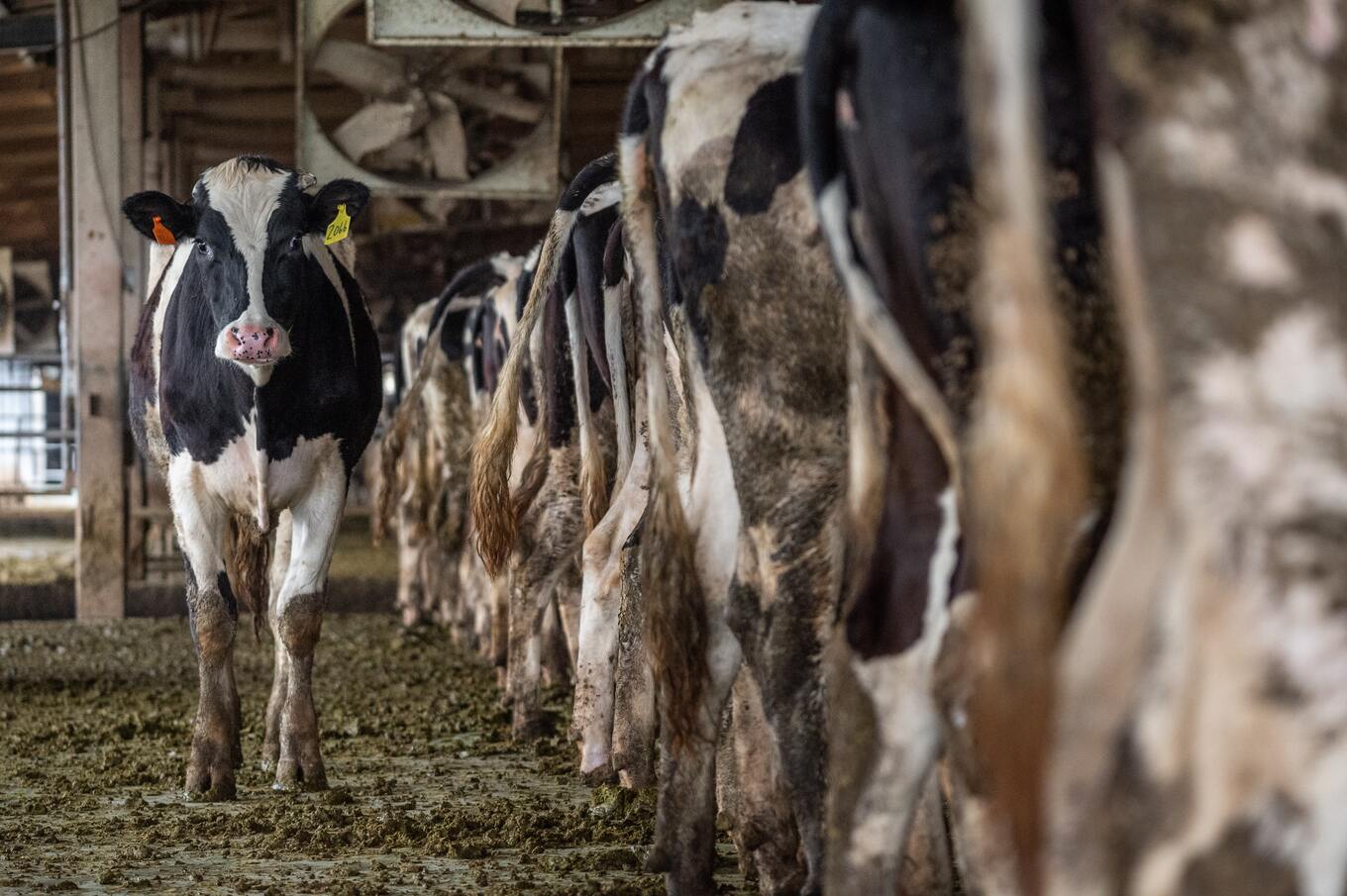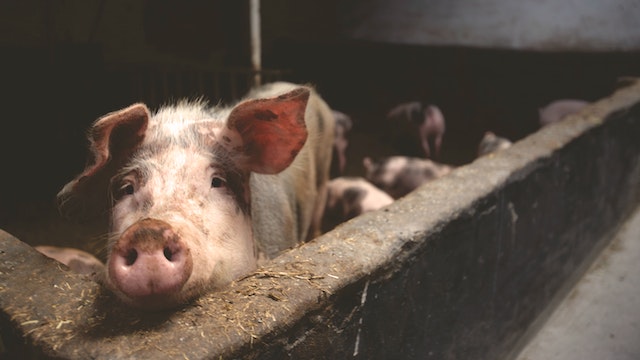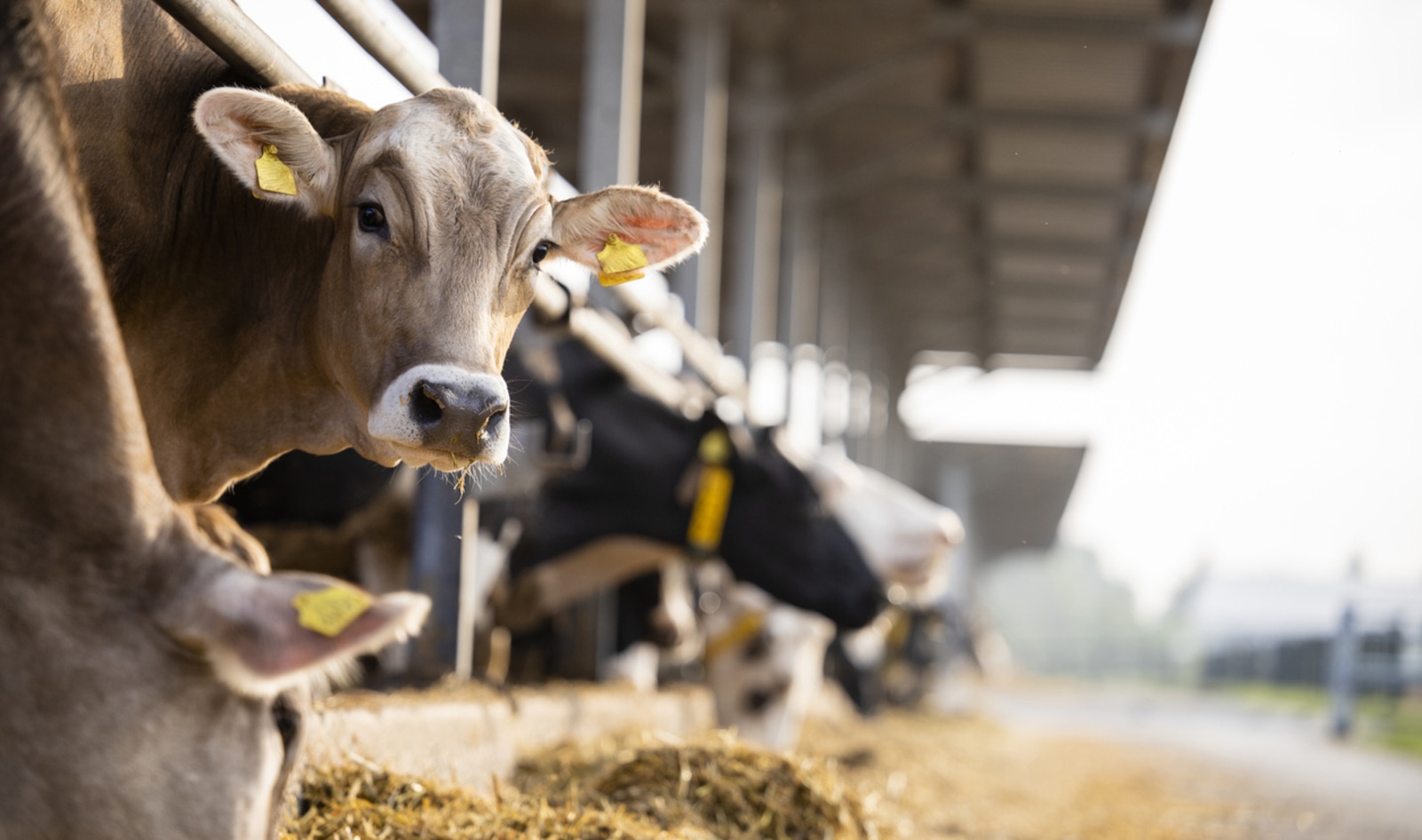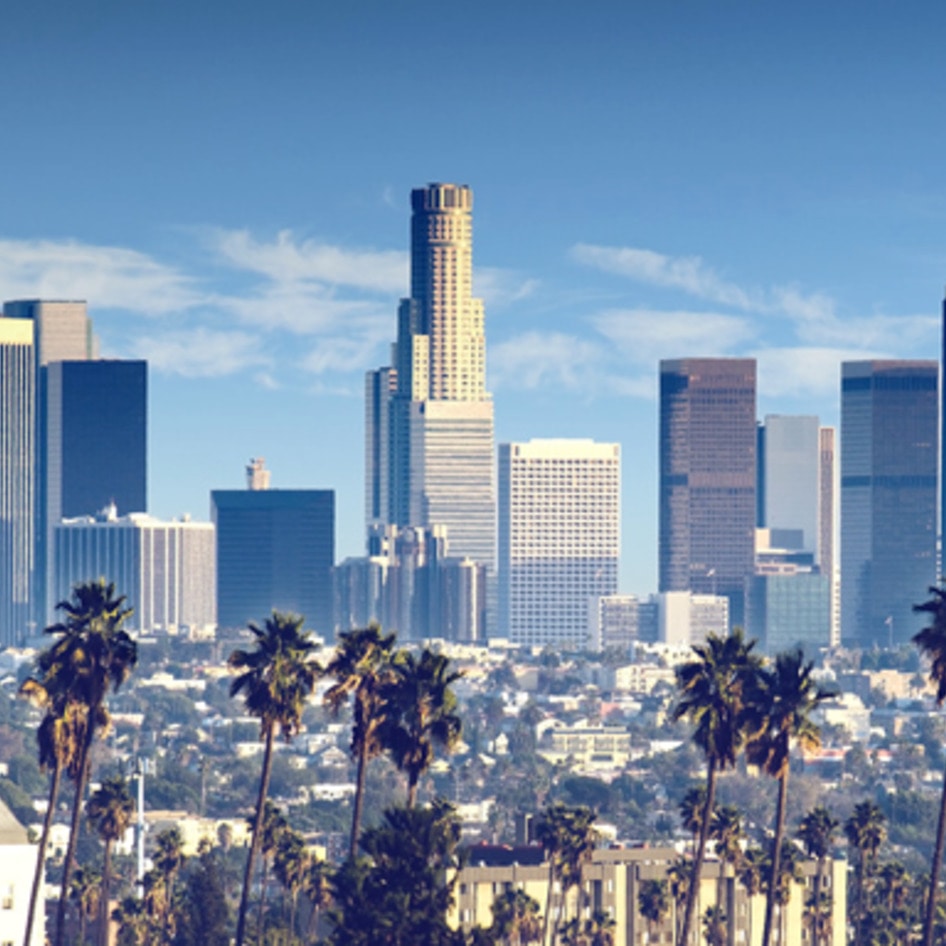Key players in the meat and dairy industries are preparing to assert their presence at the upcoming COP28 climate conference, underway in Dubai this week. Documents obtained by The Guardian and DeSmog reveal concerted efforts by the industries, led by giants like JBS, the Global Dairy Platform, and the North American Meat Institute, to showcase their stance on environmental issues.
The key players, represented by the Global Meat Alliance (GMA), aim to promote meat’s environmental impact in a positive light. Amid increasing scrutiny over the industry’s substantial greenhouse gas emissions—with the dairy sector alone responsible for 3.4 percent of global human-induced emissions, surpassing the aviation industry—the meat and dairy companies are gearing up to counter the narrative.
‘They’re completely prepared’
Professor Jennifer Jacquet of the University of Miami noted the increasing assertiveness of these companies. “These companies are stepping up their game because the exposure they are facing is stepping up. It used to be that they were caught on the back foot, but now they’re completely prepared,” she told The Guardian. The documents underscore the industry’s intention to emphasize their “scientific evidence” and the environmental benefits of meat.
“Any credible action to reduce emissions in the food sector will inevitably lead to a reduction in the total volume of meat and dairy products produced. The industry is terrified of that and has been deploying multiple tactics to delay the inevitable,” Nusa Urbancic, CEO of the Changing Markets Foundation, commented on the industry’s fears and resistance strategies.
The influence of these industries is not limited to their physical presence at the summit. Their strategies include shaping key discussions. This is evidenced by The Guardian’s revelation of the industry’s pressure, which has led to the censorship of FAO reports on cattle’s role in greenhouse gas emissions. The documents also highlight plans to host events and influence dialogues at various pavilions, emphasizing the industries’ connections with significant beef-exporting nations like Australia and the US.
 Getty
Getty
This approach is further backed by substantial governmental support. In the EU and the US, meat and dairy industries receive exponentially more funding compared to alternative protein sources. This imbalance, as Jacquet points out, has embedded meat production deeply into policy frameworks, making it challenging to shift dietary patterns solely through demand-side interventions.
“Typically, the talk is about demand-side interventions, like you can get schools or individuals to give up meat,” Jacquet said. “But I’m a little worried that some of this [meat] production is so baked into subsidies and policy, that even with decreased demand, this apparatus will just keep flowing.”
‘Sustainable nutrition’
The industry’s communication plan involves presenting meat as “sustainable nutrition” and promoting “regenerative agriculture.” However, this narrative faces criticism, as the UN-linked Committee on World Food Security counters the industry’s claims about meat’s role in addressing hunger and malnutrition.
The United Nations notes that while meat and dairy account for just 18 percent of calories consumed, the industries use 83 percent of the world’s farmland.
 Getty
Getty
Animal agriculture is a leading producer of greenhouse gas emissions. According to the UN, it’s responsible for 60 percent of food industry emissions and nearly 20 percent of total global greenhouse gas emissions. In particular, beef and dairy are leading producers of methane—a greenhouse gas far more potent than CO2.
The focus on methane reduction, a significant byproduct of livestock, is another aspect the industry aims to influence. The industry’s stance has been criticized as contradictory, given the scientific consensus on the need for dietary shifts to reduce emissions. According to The Guardian, global beef emissions are equal to the emissions produced by India—the third largest emissions-producing nation.
The world’s leading climate scientists have been calling for a planetary shift away from animal products to thwart climate change. And, this year, COP28 pledged to drastically reduce the presence of animal products on its menus over the course of the two-week conference.
For the latest vegan news, read:
JUMP TO ... Latest News | Recipes | Guides | Health | Subscribe








